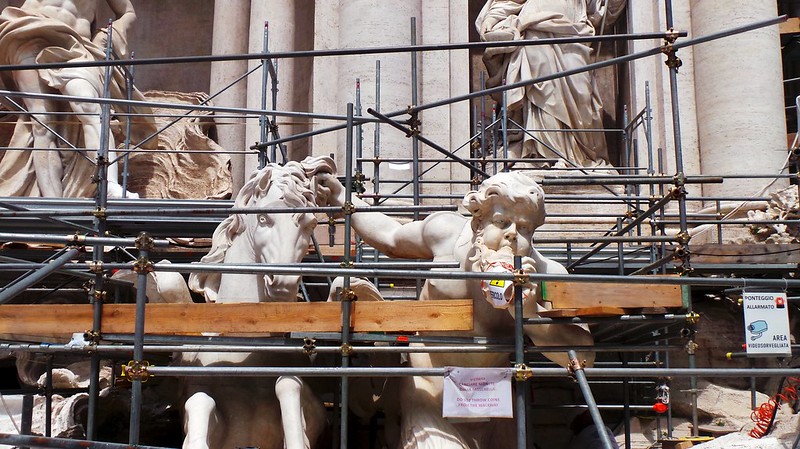To conclude, let's remember the strategy or "trick" that you have learned during this challenge.
We taught you this strategy or "trick" and you worked on it in the section “On stage”. Go back to that section and review for a moment what it consisted of and how it helped you achieve the challenge we proposed. Now open the Learning Diary and complete the last page.
In this section, you will keep valuable information about the strategy, in which activities you have applied it, whether it has been useful and what has been the most difficult for you.
Keep up the good work, you're doing great! For your effort, you have earned your first badge here, which you will be credited with as Mega Strategist. Congratulations!
Remember:
- Ask your teacher whether you will fill it in on paper or on the computer.
- If you fill it in on your pc, don't forget to save it on your computer when you finish it!
¿Necesitas más ayuda?
Para concluir, vamos a recordar la estrategia o el “truco” que has aprendido durante este reto.
Esta estrategia o “truco” te lo enseñamos y lo trabajaste en el apartado “ On stage”. Vuelve a dicho apartado y repasa un momento en qué consistía y cómo te sirvió para llegar a conseguir el reto que te proponíamos. Abre, ahora, el Diario de Aprendizaje y completa su última página.
En este apartado guardarás información valiosa sobre la estrategia, en qué actividades las has aplicado, si ha sido útil y qué te ha resultado más difícil.
¡Sigue trabajando así! ¡Lo estás haciendo genial! Por tu esfuerzo has conseguido aquí la primera insignia que te acreditará como Mega-Estratega. ¡Enhorabuena!
Recuerda:
- Pregunta a tu profesor o profesora si la rellenarás en papel o en el ordenador.
- Si la rellenas en el ordenador, ¡no te olvides de guardarla en tu ordenador cuando la termines!



